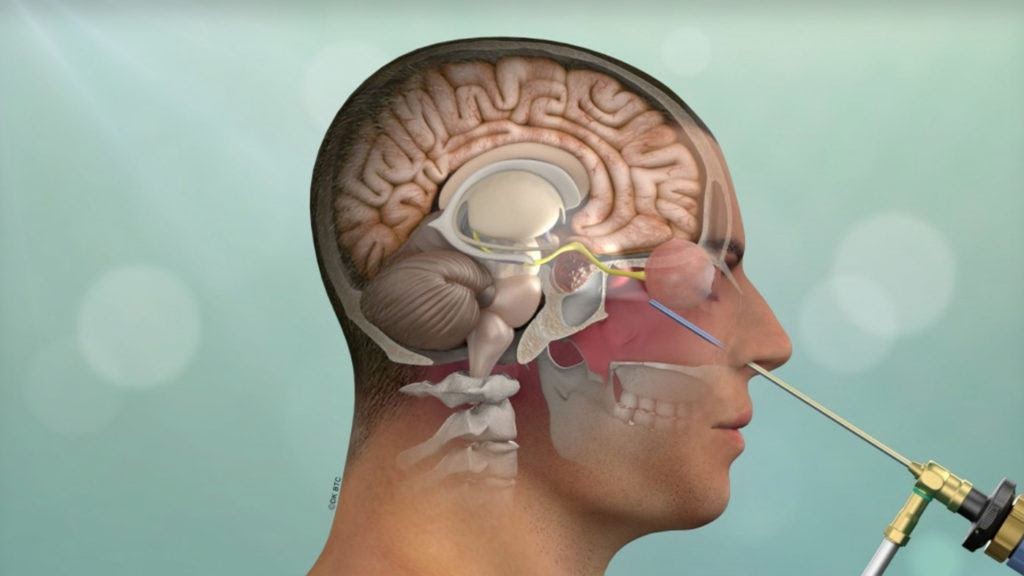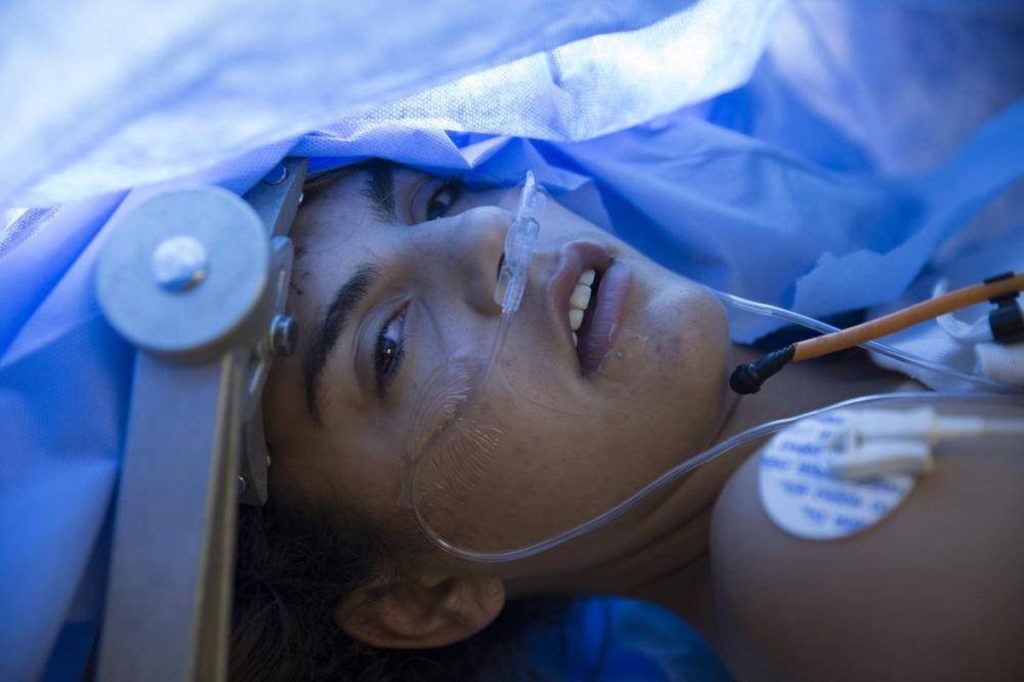Neurosurgery, sometimes known as brain surgery, is the surgical correction of anomalies in the brain or its surrounding tissues, such as tumors or aneurysms. It’s a life-saving treatment that’s carried out by skilled neurosurgeons in a highly specialized setting.
Recent advancements in brain surgery have permitted a greater number of doctors to prescribe it in some cases, and the sorts of brain surgery to be conducted are proposed by the doctor based on the location of the structural aberration, the individual’s health, and the severity of the problem. With further technical advancement on this front, minimally invasive brain surgery treatments using precision devices have become possible, minimizing the amount of hazards involved with the treatment.- Says Dr. Mohana Rao who is one of the best neurosurgeons in Andhra Pradesh.
Different types of brain surgery

Biopsy
A biopsy is a procedure in which a small sample of tissue is taken and examined for abnormalities in order to prevent subsequent clinical issues. During a brain surgical operation, a biopsy may be conducted by your neurosurgeon to detect tumors or other abnormalities.
Craniotomy
This sort of brain surgery necessitates a cut in the scalp bone to expose the brain tissue. As a result, it’s also known as open brain surgery. The issue to be addressed during the brain surgery technique, such as an aneurysm or fluid draining, is generated through a hole called the bone flap. To avoid further strain and stress to the brain, the bone flap is either removed or left in place in circumstances when postoperative edema is expected or tumor growth is possible. Because a part of the cranium is removed, it’s termed a craniectomy. After the brain procedure is completed, the bone flap is usually fixed on the skull using screws and plates.
Endoscopy

In some situations, brain surgery can be performed with an endoscope, which involves making small holes in the cranium and feeding the endoscope through them to guide the brain surgery procedure. When compared to open brain surgery, this is considered minimally invasive and decreases the trauma to the patient’s health while also speeding up recovery time. Endoscopic brain surgery, sometimes known as keyhole surgery because the holes formed during this type of brain surgery are so small, is typically used to treat tumor forms in the brain.
Deep brain stimulation (DBS)
Deep brain surgery is implanting electrodes deep within the brain in order to trigger nerve signals that are normally absent in a patient. The electrode leads are frequently placed within the brain tissue by a neurosurgeon using minimally invasive brain surgery procedures. The pulse generator, which generates electrical impulses to signal the brain, is housed in a box in the chest area, similar to a pacemaker. Patients with neurodegenerative illnesses such as Parkinson’s disease, tremors, and epilepsy often benefit from this sort of brain surgery.
Endonasal endoscopic surgery
This type of brain surgery is named because a thin tube containing an endoscope is introduced through the nasal cavity and up to the front areas of the brain. This brain operation removes tumors from the frontal parts of the brain as well as the top of the spine without exposing the brain, as is the case with open brain surgery. When compared to traditional brain surgery, endoscopic brain surgery takes less time and has a lower risk of infection.
Awake brain surgery

Awake brain surgery, as the name implies, is a sort of open brain surgery performed while the patient is awake and responsive and under local anaesthesia. During surgery for tumor removal or epilepsy correction, doctors can monitor a patient’s responses to stimulation of specific parts of the brain to ensure that signals for eye movement and vision, speech, motor function, and memory are not harmed. This sort of brain surgery is done in emergency situations when the anomaly is in a part of the brain that controls vital functions including movement, speech, and vision.
During awake brain surgery, the surgeon or nurses may continue to ask you questions about how you’re feeling or keep you alert throughout the procedure to see whether any nerve damage is caused by tissue removal or device implantation.
These are some of the common neurosurgical procedures available at Dr. Rao’s hospital in Andhra Pradesh. Our highly trained & experienced neurosurgeon with a skilled team will help you with a pre & post surgery guide to ensure faster recovery after the surgery.

